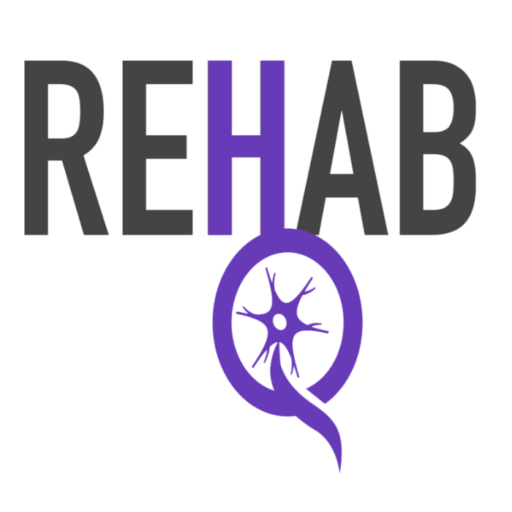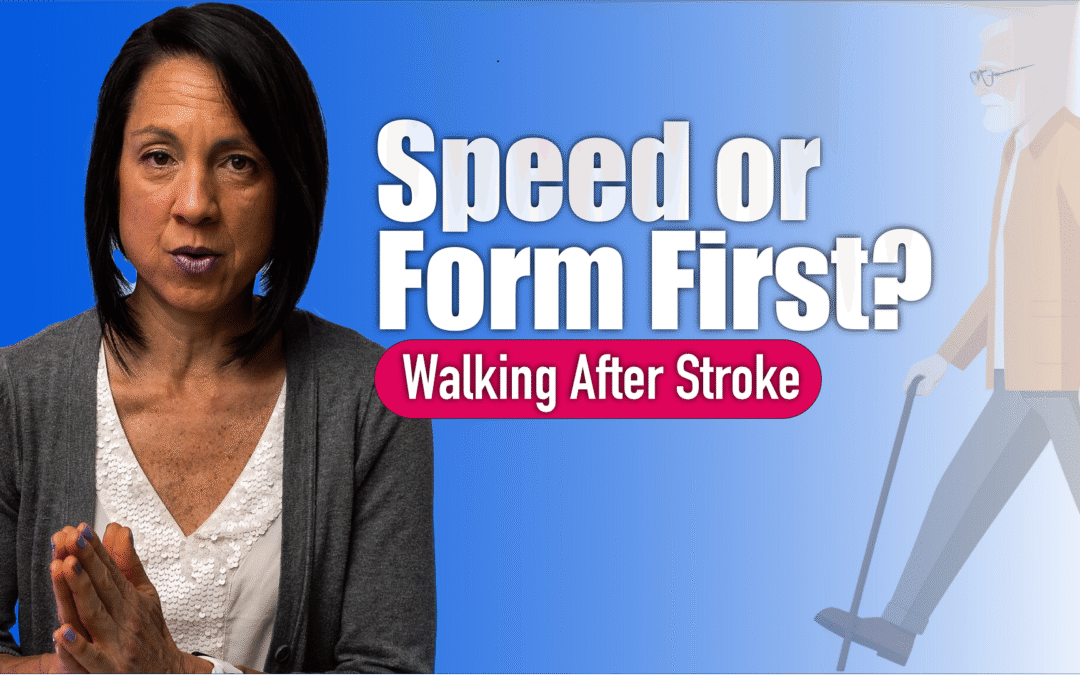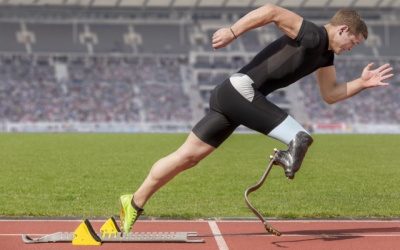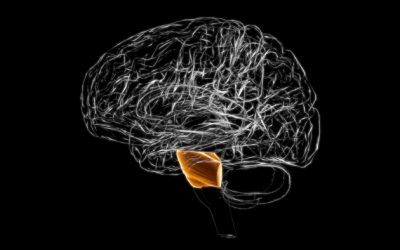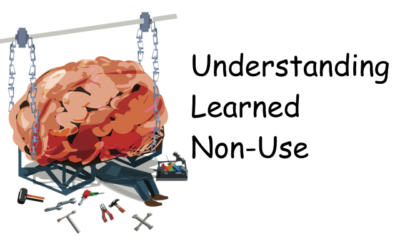The Real Impact of Neuro Rehab on Recovery
Recovering after a stroke often involves long hours of rehabilitation. Neuro rehab programs are designed to retrain the brain and body, helping survivors regain independence. Understanding the difference can help you make the most of your therapy and stay motivated on your rehabilitation journey.
What is Compensation?
This is about finding ways to get things done, even if the movement isn’t perfect. The focus is on speed and independence, using your stronger, unaffected side to assist with daily activities. For example, reaching for a cup quickly, even if your arm swings awkwardly.
Walking Focus: Therapists who emphasize compensation prioritize walking faster and longer, even if your movement isn’t ideal. The goal is function and independence, not perfect form.
Think of compensation as a way to keep moving forward safely, allowing you to perform tasks and participate in daily life without relying entirely on your affected side.
What is Facilitation?
This emphasizes performing movements correctly and efficiently, even if it takes longer. The goal is to retrain the brain and body in a healthy, sustainable way, reducing the risk of compensation or long-term pain. For example, lifting that cup with proper shoulder alignment and controlled movement.
Walking Focus: Therapists using facilitation may slow you down or reduce walking distance temporarily to focus on correct leg movement, posture, and coordination.
Facilitation is all about long-term improvement, preventing compensatory habits that could cause pain or imbalance later on.
When Neuro Rehab May Hurt Instead of Help
Unfortunately, not all neuro rehab programs are equal. Sometimes, therapy may unintentionally hold recovery back.
Common issues include:
-
Outdated methods: Some programs still rely on passive movements or techniques that don’t promote real neuroplasticity.
-
Overuse and pain: Pushing too hard or too soon can lead to shoulder pain, fatigue, or frustration.
-
One-size-fits-all approach: Recovery varies widely, and therapy that isn’t individualized may waste time or stall progress.
-
Neglect of emotional needs: Focusing only on the physical side while ignoring depression, anxiety, or motivation can slow healing.
Which Approach Should You Focus On?
The right approach depends on:
-
How long it has been since your stroke
-
The severity of your stroke and which parts of your body were affected
-
Your personal goals and daily life needs
Early Recovery 0-18 months: Facilitation is often more effective in the first months after a stroke, when the brain is most adaptable. Retraining movement patterns early can prevent long-term compensations that may be harder to correct later.
Later Recovery +18 months: Compensation may become more important if your main goal is independence and safety in daily life, especially when full recovery of the affected side is limited.
The most effective neuro rehab programs balance these two: starting with careful, high-quality movements, then gradually increasing speed and functional independence as the brain adapts.
The Bottom Line
Neuro rehab can be life-changing, but only when it’s done right. The best programs are personalized, evidence-based, and focused on both physical and emotional recovery. Balancing speed/function with form/quality ensures you regain independence safely and sustainably. If your therapy feels like it’s holding you back, it may be time to re-examine your options and explore approaches that truly support healing.
Neuro rehab should help you move forward, not leave you stuck. Ask the hard questions, demand individualized care, and remember: progress is possible.
Articles you may be interested in
Beat the odds by starting
Everyone has the ability to be "the one" who beats the odds. And in fact, I see those people on a weekly basis. I will call these people the "outliers". Yes, defying the odds. Week after week. What is their secret? They start...... In a race, the sound of a gun...
Pontine Stroke: Everything you need to know
https://youtu.be/bynfAyJNM_8 A Pontine Stroke is commonly referred to as a pontine CVA or pontine cerebrovascular accident. It is an ischemic stroke that affects a region in the brain stem known as the pons. Not sure why this is important? The pons communicates...
The Courage To Continue….
A neurologic injury can have a dramatic impact on every aspect of life. Some lose the ability to speak, walk, hear, see, bath, groom, write, type, eat, and the list goes on. Yeah, a real “pickle”. So, the logical conclusion would be that someone in such a situation...
Understanding Learned Non-Use
https://youtu.be/iLo0j4aC44I Do you feel like you have plateaued? What I mean is, has your arm and leg movement recovery slowed to a crawl? Or maybe progress has stopped altogether? The common belief is that someone loses the ability to move because that part...
Success Tips In Neuro Rehab
I have good news and bad news. The good news is you have tons of potential for regaining more of your mobility back. The bad news is, some of you will never get there. The reality is, that some of you have gotten as far as you will ever get. And it has nothing to do...
Reframing Adversity
Is it possible to reframe adversity? And if so, what's the point? I mean, sucky situations.....well, suck. Am I right? What if I told you it didn't have to be that way? That there is a way to reframe your adversity into something more. Possibly even...
Finding your SUPERPOWER
Are you unknowingly giving away your power? I hate to admit it, but I can be guilty of this. I am quick to justify why I am not making progress toward a goal. Bad circumstances, lack of resources, not enough experience….oh, and my favorite…..genetics. My parents were...
Keep Going…..
"“I’m not going to get somewhere and say, ‘OK, I’m done.’ Success is never final; I’ll just keep on going. The same way as failure never being fatal. Just keep going. I’m going to the stars and then past them." - Connor McGregor "I'm going to the stars and then...
Miracles….”Fact” or “Fiction”?
"Miracles happen everyday. change your perception of what a miracle is and you will see them all around you." - Jon Bon Jovi Are "miracles" unjustly crucified? I know Jon Bon Jovi, might not be considered the "thought leader" of the 21st century. However, I think he...
How full is it??
"It's better to be an optimist who is sometimes wrong than a pessimist who is always right." -Unknown There is so much about the brain that we don't know. With that said, we know even less when it comes to an "injured brain". The good news is that we are learning...
